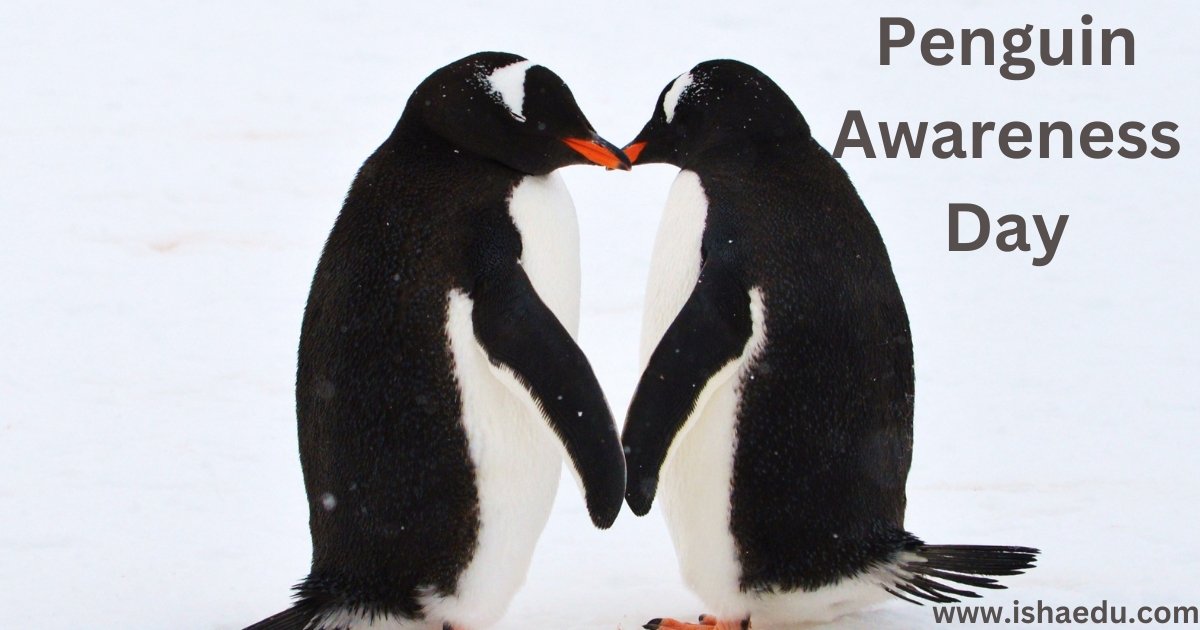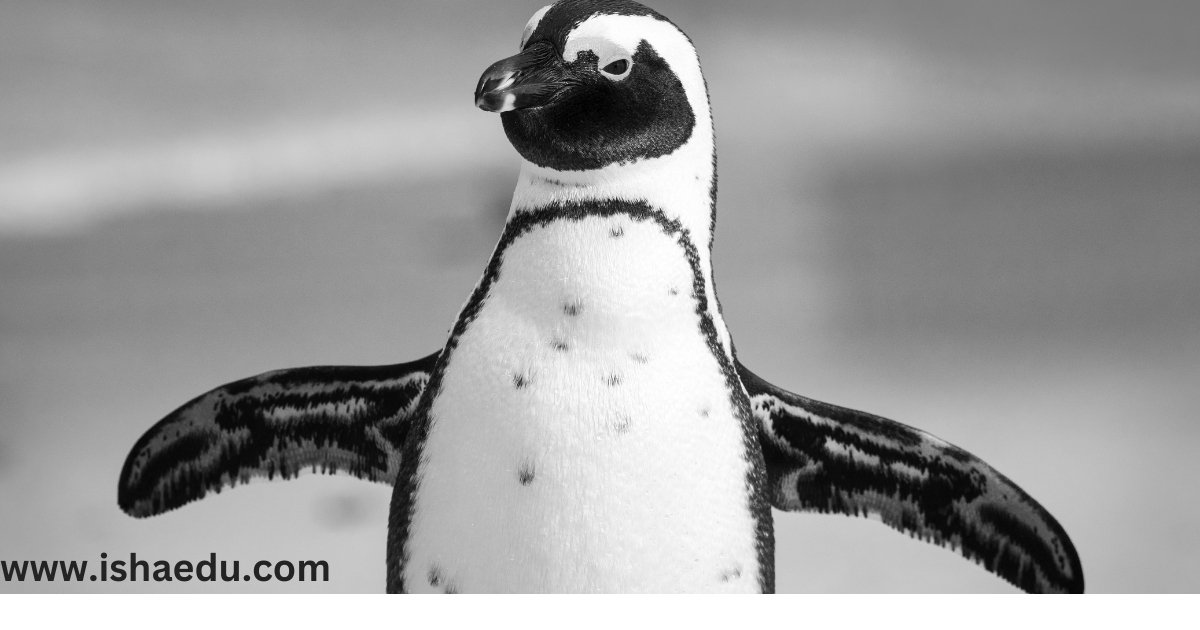Penguin Awareness Day

Penguin Awareness Day

Annually, on January 20th, the globe comes together to observe Penguin Awareness Day, a dedicated day to honor these stylish aquatic wonders. From their lively waddles to their remarkable diving prowess, penguins enchant us with their distinct charisma and resilience. Yet, beyond their charming antics, penguins play a crucial role in maintaining the well-being of our planet’s ecosystems.
Why Penguins Hold Significance: Beyond Their Adorable Facades
Penguins act as indicator species, signifying that their welfare mirrors the condition of the marine environment. Their populations are responsive to shifts in ocean temperature, pollution levels, and the availability of food. By monitoring these penguin populations, scientists can glean valuable insights into the overall health of the oceans and the potential repercussions of climate change.
Moreover, penguins are keystone species, holding a pivotal role in preserving the equilibrium of their ecosystems. They prey on smaller fish, regulating their numbers and fostering the prosperity of larger fish. This, in turn, sustains a varied array of marine life, spanning from plankton to whales.
Challenges to the Penguin Paradise: A Plea for Action
Regrettably, these extraordinary creatures confront a multitude of threats. Climate change disrupts their fragile habitats, causing the melting of sea ice and limiting their access to food. Pollution, entanglement in fishing gear, and the intrusion of invasive species further jeopardize their survival.
Penguin Awareness Day stands as a poignant reminder of our duty to shield these vulnerable beings. By raising awareness and backing conservation initiatives, we can play a part in ensuring that future generations can continue to marvel at the grandeur of penguins in their natural habitats.
Consider these avenues to engage in penguin conservation:
- Enhance your knowledge and that of others: Spread the message about the significance of penguins and the challenges they confront. Arrange events centered around penguins or share informative resources on social platforms.
- Support conservation entities: Contribute financially or volunteer with organizations committed to safeguarding penguins and their environments.
- Adopt sustainable practices: Lessen your carbon footprint and opt for seafood endorsed by sustainable fishing methods.
- Advocate for the oceans: Champion policies that shield marine ecosystems and combat climate change.
Through collective action, we can all contribute to a future where penguins persist in thriving and continue to captivate our hearts for generations to come.

FAQs
What do you do on Penguin Awareness Day?
During Penguin Awareness Day, you can:
Learn about penguins by watching movies, visiting a zoo, or using internet resources!
Take Action: Support conservation organizations, make sustainable decisions, and raise awareness on social media.
Why do we celebrate Penguin Day?
Every year, Penguin Day is celebrated twice! Both January 20th and April 25th are days set aside to honor these incredible aquatic birds. We rejoice because penguins are:
- Super cool: Who can resist their charming waddle and superb diving abilities?
- Important for the ocean: They serve as markers of the ocean’s health.
- Need our help: Climate change and pollution endanger their houses.
Who created Penguin Awareness Day?
Not a problem! While the actual origins of Penguin Awareness Day are unknown, it most likely began in 1972 as a means to honor these incredible birds while also raising awareness about their survival.
Where do penguins live?
Penguins dwell in the Southern Hemisphere, mostly around Antarctica and surrounding islands. You may also find them in South America, Africa, New Zealand, and Australia. Some penguins like the cold, while others dwell in warmer areas.
What is a penguin home called?
Penguins often congregate in big nesting groups called rookeries on land, such as ice, beaches, or rocky terrain. Within these rookeries, they may construct modest nests for their eggs and young. When it is chilly, penguins form huddles to stay warm.
In which country penguin is found?
Penguins dwell in cold climates across the Southern Hemisphere, including Antarctica, sub-Antarctic islands, and the southern shores of South America, Africa, and New Zealand. There is even a separate penguin species near the equator in the Galapagos Islands!
What do penguins drink?
Penguins mostly drink seawater, due to a unique gland that filters out the salt. They may also gulp up freshwater that they encounter, such as meltwater or snow.
What is the penguin capital of the world?
New Zealand is known as the “penguin capital of the world” because of its diverse population of penguins. New Zealand’s seas are home to nine breeding species, which account for more than half of the world’s penguin population. From the legendary Yellow-eyed to the Fiordland Crested, these feathery pals flourish in this Southern Hemisphere paradise.
Are penguins hot or cold?
Penguins are warm-blooded like humans, although they survive in freezing environments. They remain warm because of thick feathers, fat, and a unique blood flow that keeps their center warm.
Can penguins sleep in water?
Penguins cannot properly sleep in water because it becomes too cold, making them more exposed to predators. They can take brief naps while floating, but they need land or ice for adequate relaxation.

Join Us :
Click Here To Get Technology And Entertainment Notification:




